TERN
July 21, 2025
•
Why AI Is the Future of Ethical Healthcare Recruitment
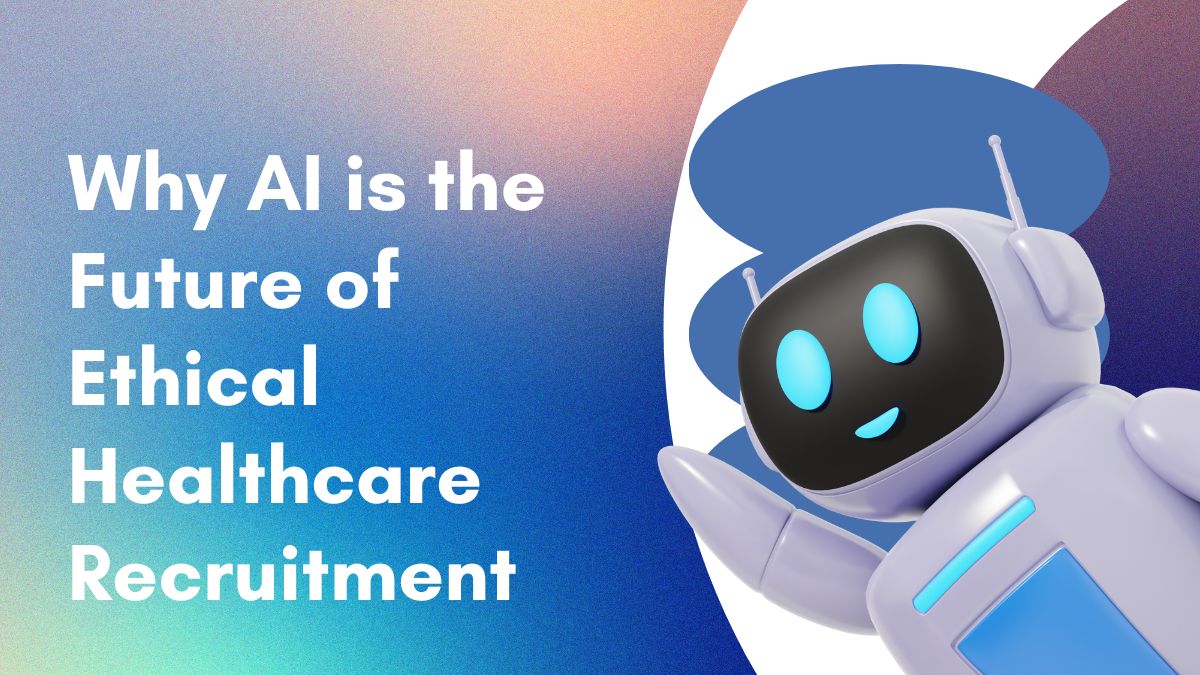
Today, the healthcare industry is under immense pressure to recruit skilled professionals who can deliver exceptional patient care. However, traditional recruitment methods often introduce biases, inefficiencies, and opacity, undermining fairness and diversity. Artificial intelligence (AI), meanwhile, is proving to be the future of ethical healthcare recruitment by leveraging data-driven solutions to reduce bias, enhance transparency, and create meritocratic hiring systems. This blog explores how AI is reshaping fair hiring in healthcare and gives insights into innovative approaches that could highlight this and deliver unparalleled results.TERN is one example of an AI-powered recruitment platform that harnesses these advancements to address healthcare’s unique hiring challenges.
Why Ethical Recruitment Matters in Healthcare
Healthcare recruitment is distinct from other industries due to its direct impact on patient outcomes, workplace diversity, and regulatory compliance. Hiring the wrong candidate can compromise care quality, while biased processes can exclude diverse talent, limiting innovation and community representation. Ethical recruitment prioritises fairness, transparency, and merit, ensuring that candidates are selected based on their qualifications rather than subjective factors.
Traditional methods, such as manual resume screening or unstructured interviews, often introduce unconscious biases based on gender, race, or socioeconomic background. These biases can perpetuate inequity and reduce diversity in healthcare teams. AI offers a pioneering solution by automating processes, minimising human error, and aligning with ethical principles. Let’s dive into how AI is paving the way to embodying the future of fair hiring in healthcare through AI bias reduction and other key advancements.
The Role of AI in Ethical Healthcare Recruitment
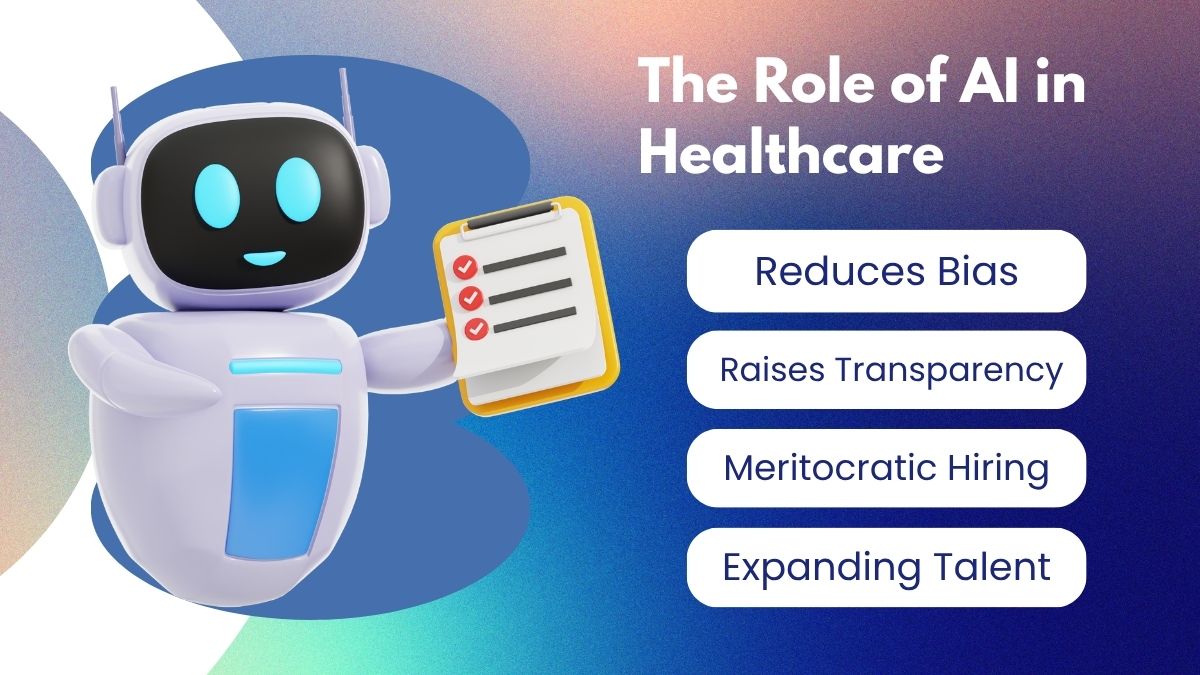
AI is rapidly building the future healthcare recruitment by addressing systemic challenges and promoting fairness. Below, we explore four critical ways AI is transforming the industry, ensuring ethical recruitment at every stage.
1. Reducing Bias with Advanced AI Techniques
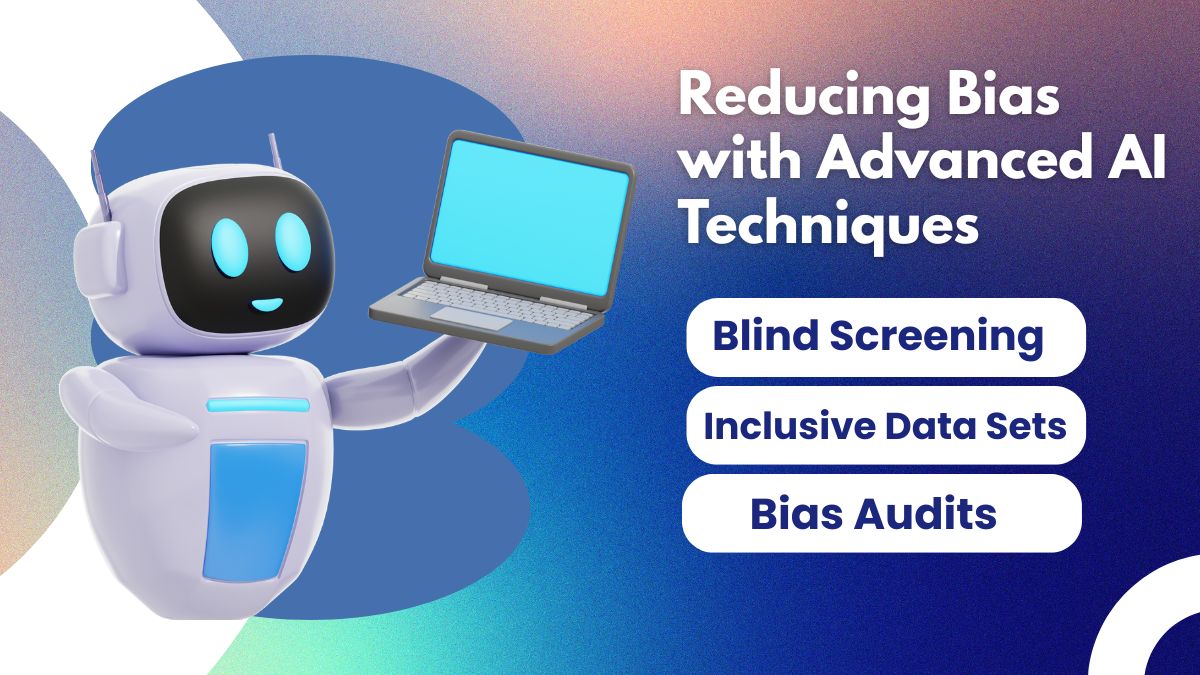
Bias in recruitment can exclude qualified candidates and harm organizational diversity. AI addresses this through sophisticated AI bias reduction strategies:
- Blind Screening: AI removes identifiable information—such as names, ages, or photos—from resumes and applications. For example, a study by the National Bureau of Economic Research found that “blind” resume reviews increased callbacks for underrepresented groups by up to 50%. By focusing solely on skills, certifications, and experience, AI ensures candidates are evaluated fairly.
- Inclusive Data Sets: AI systems trained on diverse, representative datasets avoid perpetuating historical biases. For instance, if a hospital seeks nurses with specialised certifications, AI can prioritise relevant qualifications without favoring specific demographics.
- Continuous Bias Audits: AI platforms regularly audit algorithms to detect and correct biases. This iterative process ensures that outcomes remain equitable, even as data evolves. For example, AI can flag if a hiring algorithm inadvertently prioritises candidates from a specific region, allowing for immediate corrections.
By implementing these techniques, AI creates a level playing field, making fair hiring in healthcare a reality.
2. Enhancing Transparency in the Hiring Process
Transparency is a cornerstone of ethical recruitment. Candidates and employers deserve clarity on how hiring decisions are made. AI enhances transparency through:
- Explainable AI (XAI): Unlike “black box” systems, explainable AI provides insights into how candidates are evaluated. For example, if an AI ranks a candidate for a surgical role, it can highlight factors like years of experience or specific certifications that influenced the decision.
- Data Privacy Compliance: AI platforms adhere to strict regulations like GDPR, ensuring candidate data is handled securely. Candidates are informed about how their data is used, stored, and protected, fostering trust.
- Candidate Feedback: AI can provide constructive feedback to applicants, such as areas for skill improvement. This transparency improves the candidate experience and encourages reapplication in the future.
Transparent AI systems build trust, ensuring that healthcare organisations and candidates feel confident in the recruitment process.
3. Creating a Meritocratic Hiring System
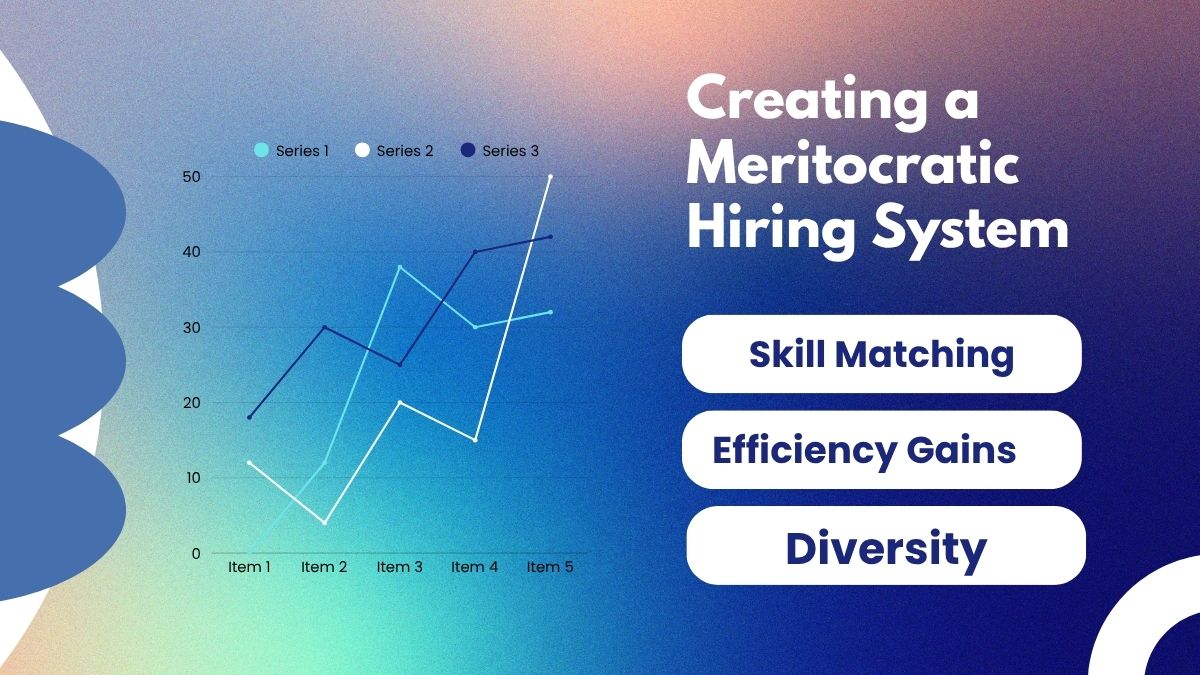
A meritocratic system evaluates candidates based on their abilities, not subjective impressions. AI promotes meritocracy by:
- Skill-Based Matching: AI algorithms analyse job descriptions and candidate profiles to identify the best fit. For example, a hospital needing an ICU nurse with ventilator expertise can rely on AI to prioritise candidates with relevant training, reducing reliance on subjective factors like referrals.
- Efficiency Gains: AI automates time-consuming tasks like resume screening, allowing recruiters to focus on high-value activities like interviews. According to a 2024 LinkedIn report, AI-driven recruitment reduces time-to-hire by up to 30%.
- Diversity Promotion: By minimising bias, AI encourages diverse hiring. Diverse teams are proven to improve patient outcomes, with a 2023 McKinsey study showing that diverse healthcare organisations achieve 15% higher patient satisfaction.
These capabilities ensure that AI-driven recruitment aligns with fair hiring in healthcare, delivering better outcomes for organisations and patients.
4. Addressing Healthcare-Specific Recruitment Challenges
Healthcare recruitment faces unique challenges, including high stakes, regulatory requirements, and talent shortages. AI addresses these by:
- Ensuring Qualified Hires: AI verifies candidates’ credentials, such as medical licenses or certifications, reducing the risk of unqualified hires. For instance, AI can cross-reference a candidate’s licensure with state databases to ensure compliance.
- Regulatory Compliance: AI systems align with healthcare regulations, ensuring ethical data handling and adherence to labor laws.
- Expanding Talent Pools: AI identifies candidates with niche skills, such as expertise in telemedicine or rare disease treatment, even from underrepresented groups. This is critical in addressing the global shortage of healthcare professionals, projected to reach 10 million by 2030 by the World Health Organisation.
By tackling these challenges, AI paves the way for a more efficient and equitable recruitment process, making it indispensable for ethical recruitment in healthcare.
TERN: The AI-Powered Solution for Healthcare Recruitment
While AI offers transformative potential, its success depends on implementation. TERN, an innovative AI-powered recruitment platform, leverages these advancements to deliver a tailored solution for fair hiring in healthcare. By combining cutting-edge AI with a healthcare-specific focus, TERN addresses the industry’s most pressing challenges, ensuring ethical recruitment at every step.
TERN’s Unique Approach to Ethical Recruitment
TERN’s platform is designed to eliminate bias, enhance transparency, and promote meritocracy:
- Advanced Bias Reduction: TERN employs blind screening to remove personal identifiers, ensuring candidates are evaluated based on qualifications. Its algorithms are trained on diverse datasets, preventing historical biases from influencing outcomes. Regular audits reinforce AI bias reduction, ensuring fairness across all hiring stages.
- Transparent Processes: TERN uses explainable AI to provide clear insights into candidate evaluations. For example, a hiring manager can see why a candidate was ranked highly, such as their experience in paediatric care. TERN also complies with GDPR, ensuring secure data handling and transparent communication with candidates.
- Merit-Based Matching: TERN’s AI matches candidates to roles based on skills and certifications, streamlining recruitment. For instance, a hospital seeking a radiologist with MRI expertise can trust TERN to identify top candidates quickly and accurately.
Why TERN Stands Out
TERN’s healthcare-specific focus sets it apart from generic AI recruitment tools. Its commitment to ethical recruitment ensures that organizations meet regulatory requirements while building diverse, skilled teams. Whether filling roles for nurses, physicians, or allied health professionals, TERN delivers results that align with the industry’s unique needs.
The Future of Healthcare Recruitment with TERN
AI is the future of fair hiring in healthcare. Why and How? Through the way it is swiftly reducing bias, improving transparency, and creating meritocratic systems.TERN is at the forefront of this future, offering an AI-powered platform that delivers ethical recruitment tailored to healthcare’s demands. By addressing bias, ensuring transparency, and prioritising merit, TERN empowers organisations to build teams that drive better patient outcomes and workplace inclusivity.
Ready to transform your healthcare recruitment? Discover how TERN’s AI-driven solutions can deliver fair hiring in healthcare with unmatched efficiency and equity.
- Contact us on WhatsApp: Message us here to start your journey.
- Sign up on our platform: Visit our AI-powered platform to create your profile and explore opportunities.
- Fill out our form: Apply now by filling your details here!
Want to join the TERN team? Check out our listed jobs here. Whatever it is, don’t wait—your dream career is within reach with TERN. Join thousands of others in building a brighter future in global healthcare.

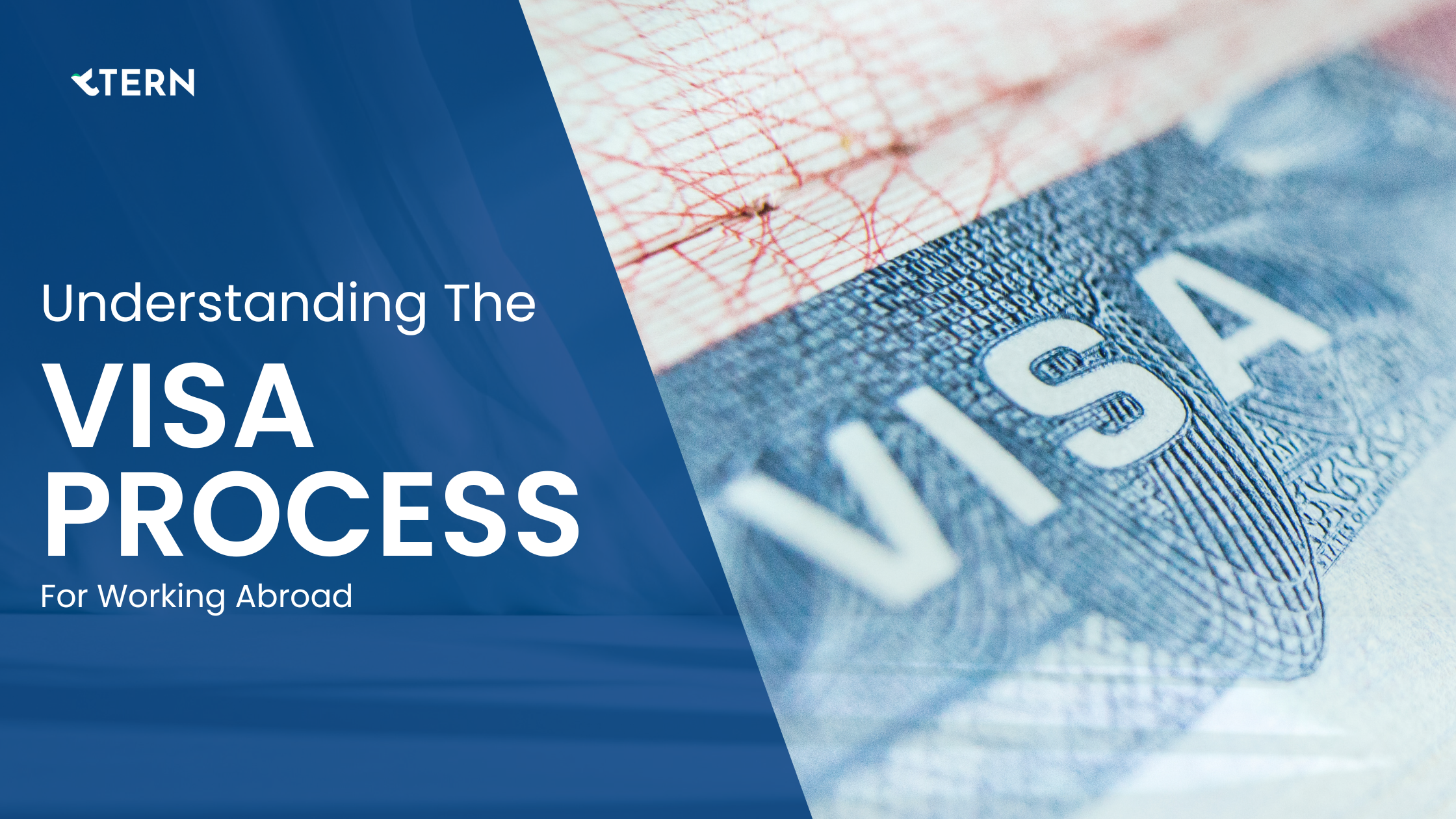
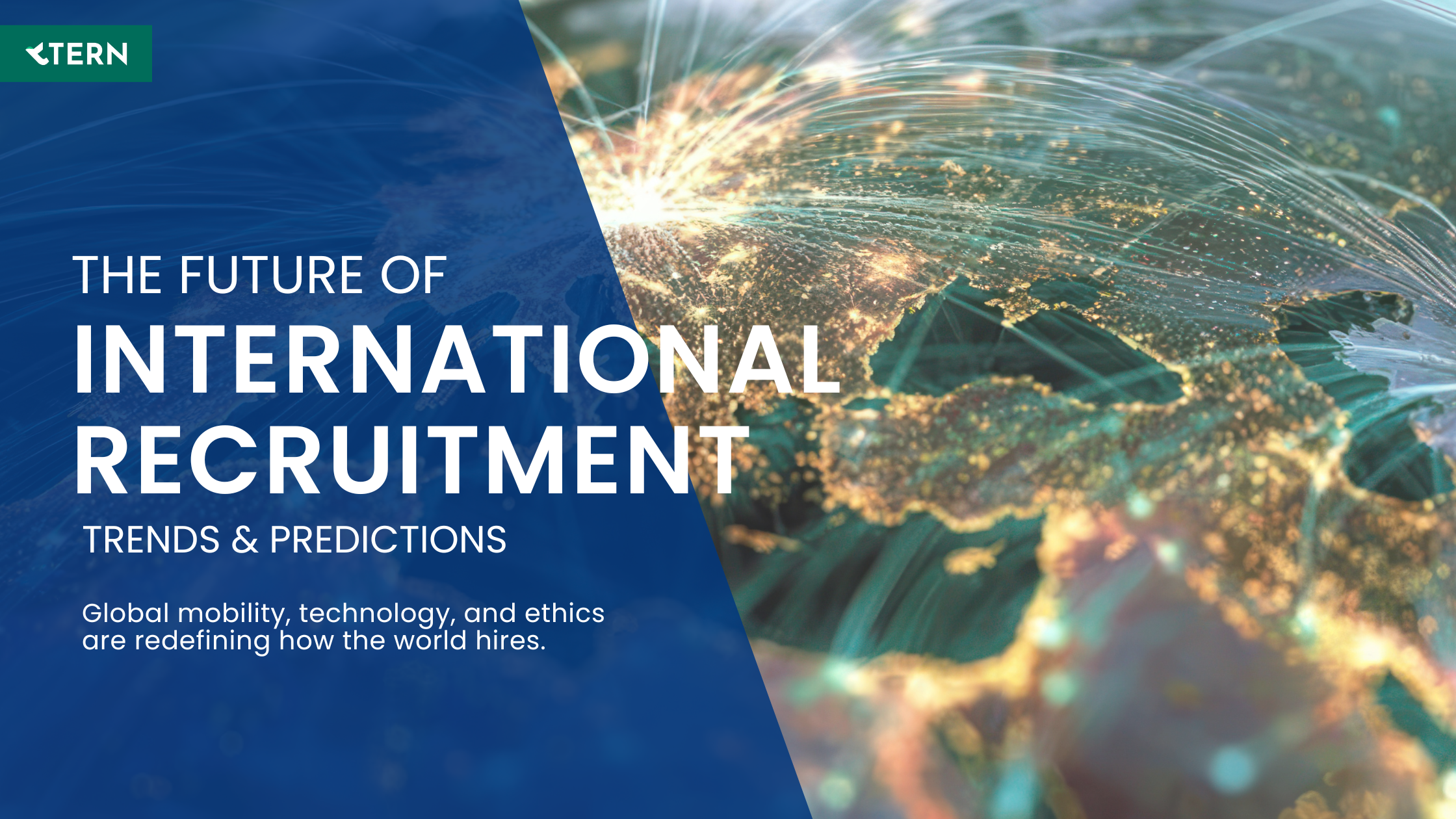
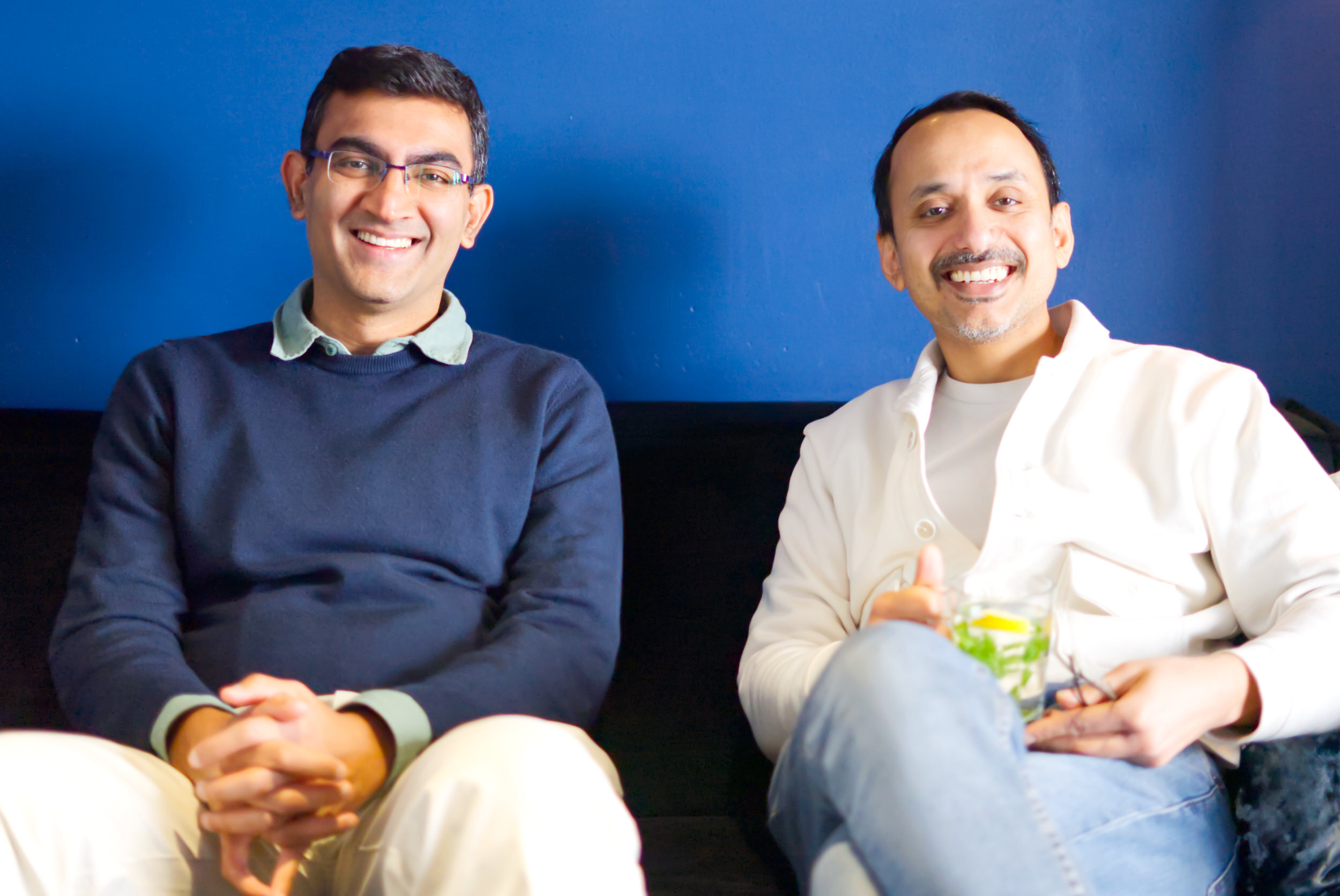

.jpg)

